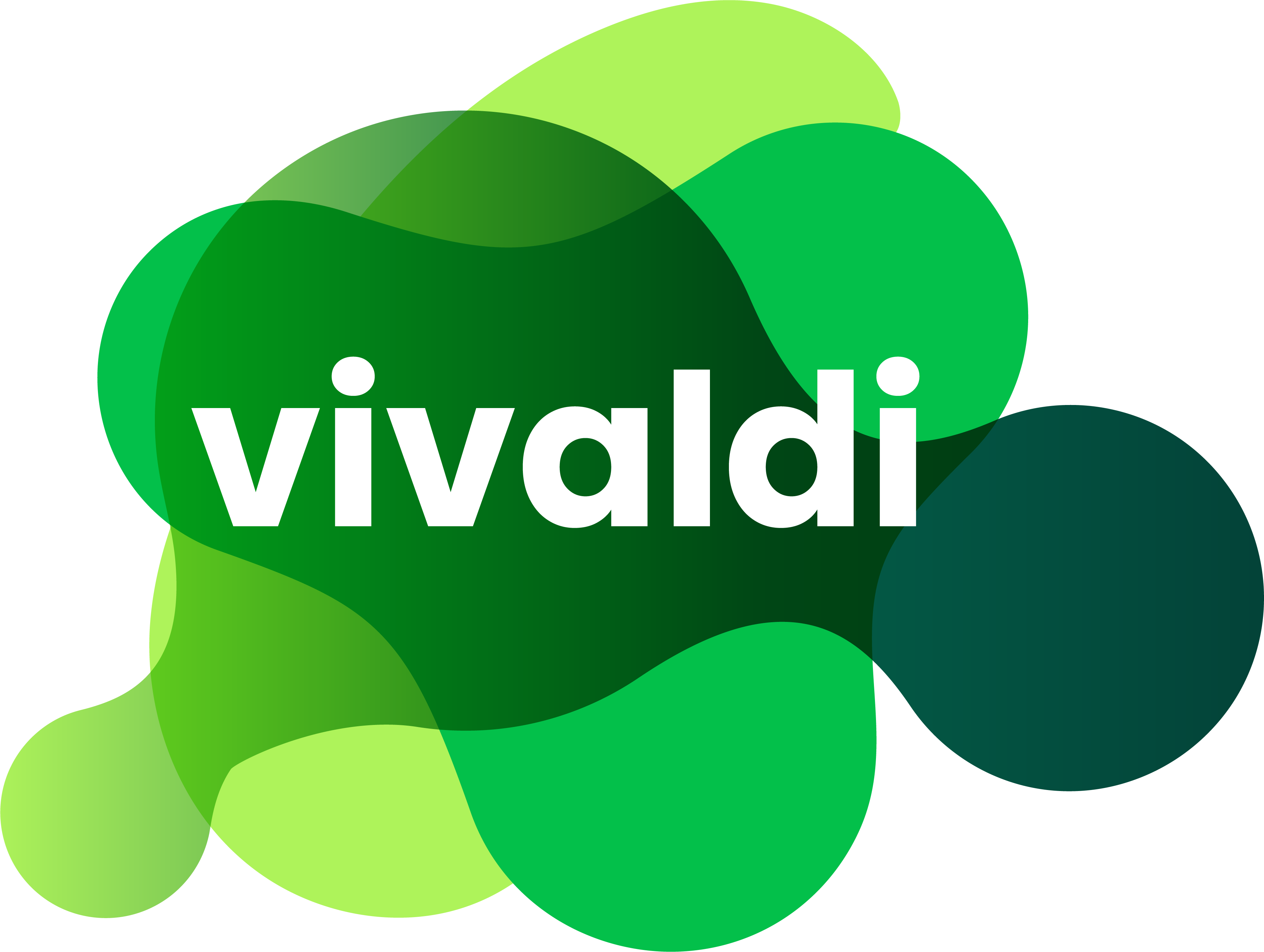Consortium
The success of the project will be ensured by a multidisciplinary and international consortium led by the GENOCOV research group of the Universitat Autònoma de Barcelona.
The 16 partners range from Biobased Industries (SunPine AB, Damm and Bioagra) and technology developers (VITO, UFZ, LEITAT, Processium, Avantium, Universitat Autònoma de Barcelona, University of Natural Resources and Life Sciences – Vienna, Luleå University of Technology) to end-user (Nutrition Sciences). Novamont will research how to use CO2 along its entire value-chain: from the capture of their CO2 emissions to the conversion of it into new biochemicals. The team is complemented by three knowledge hubs: the sustainability and circularity expert group (BETA from Universitat de Vic), the technology and innovation consultancy (ISLE) and the European Association representing the Carbon Capture and Utilisation community in Europe (CO2 Value Europe).


Acondicionamiento Tarrasense
Acondicionamiento Tarrasense (LEITAT) is a private no profit RTO with more than 110 years of valuable experience in industrial innovation. LEITAT delivers technological innovations that brings economic and competitive values through applied research and development activities in areas including advanced materials, advanced manufacturing, renewable energies, storage system, circular economy, sustainability and biotechnology. Within this project, LEITAT will have an active role in developing Bioelectrochemical System (including selective membranes, reactor design, process optimization and scaling-up) for energy-efficient and selective nutrient recovery from industrial Bio-based Industry wastewaters streams from their final use in Pichia Pastoris fermentation. The organisation is also participating in the Innovation Board and on clustering with similar projects.
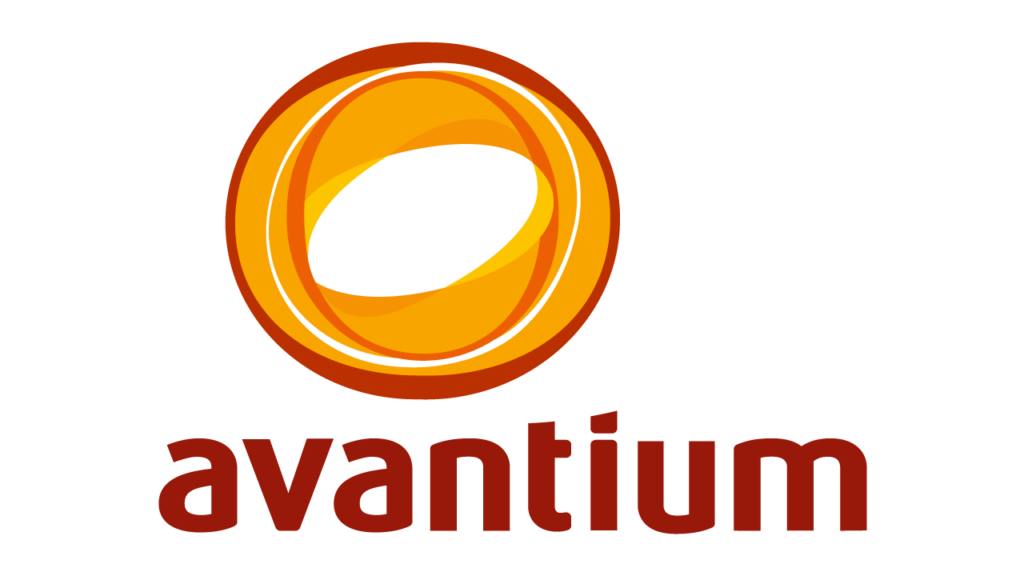
AVANTIUM
Avantium is a pioneer in the emerging industry of renewable and sustainable chemistry. Avantium is headquartered in Amsterdam, with extensive R&D laboratories and three pilot plants in Geleen and Delfzijl, the Netherlands. We are an innovation-driven company dedicated to developing and commercializing breakthrough technologies for the production of chemicals from renewable sources and circular plastic materials used for a variety of consumer products. Within this project, Avantium is leading the task dedicated to the downstream processing of the products from the electrochemical CO2 reduction, and strengthening the knowledge on electrochemical process development.
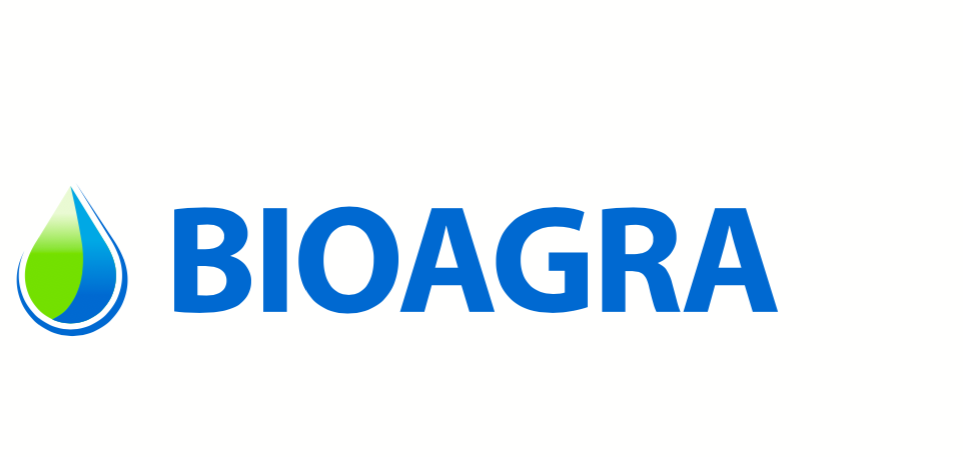
BIOAGRA
BIOAGRA SA is currently the largest producer of bioethanol produced from corn in Poland. BIOAGRA SA produces three basic products from corn: ethanol, feed additives (DDGS – distiller’s dried grains with solubles, WDGS – wet distiller’s grains with solubles, corn syrup) and crude corn oil. Ethanol, the company’s main product, is produced using one of the most innovative pro-ecological technologies in the world, which is characterized by high efficiency and relatively low energy consumption. Within this project, Bioagra contributes to the analysis and inventory of CO2-rich off-gas streams, and to the nutrient recovery from wastewater concentrations providing industrial data and input.
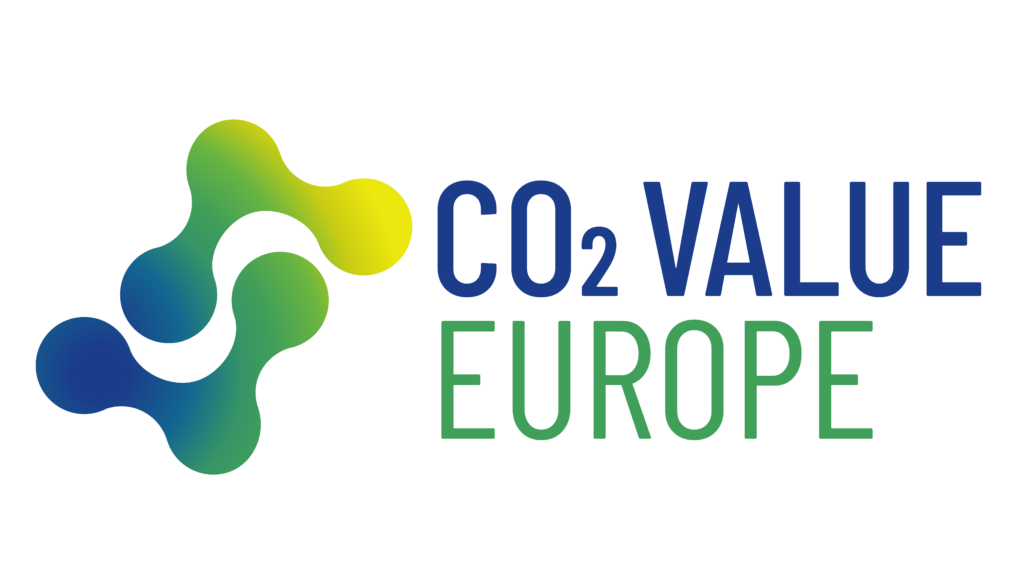
CO2 Value Europe
CO2 Value Europe is the industry-driven association committed to develop CO2 Capture and
Utilisation (CCU) into a new industrial sector making a significant contribution to Europe’s low carbon economy. It is the only association entirely dedicated to the subject with a mission to promote the development and market deployment of sustainable industrial solutions that convert CO2 into valuable products, in order to contribute to the net reduction of global CO2 emissions and to the diversification of the feedstock base. Within this project, CO2 Value Europe leads the communication and dissemination activities, including the cooperation with other H2020 projects, and contributes to the development of recommendations for regulatory measures that support the deployment of CCU.
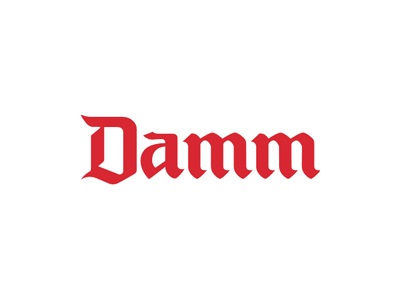
Compania Cervecera DAMM S.L.
Sociedad Anónima Damm is a Spanish brewery founded in Barcelona in 1876. Its corporate objects are the brewing and selling of beer and its residues and by-products. Damm is the parent company of several subsidiaries engaged in different activities directly or indirectly related with the corporate objects of Damm, and which together with Damm form a consolidated group of companies operating principally in the beverages industry (the “Damm Group”). In 2018, the company invested 4M€ in maintenance activities and environmental improvement actions, focused in reduce consumption and increase energy efficiency. Within this project, Damm is involved in the analysis and inventory of CO2-rich off-gas streams, nutrient recovery from wastewater concentrations and sustainability and circularity assessment.

Fundació Universitària Balmes (Universitat de Vic – Universitat Central de Catalunya)
Fundació Universitària Balmes is the owner and legal entity of the University of Vic – Central University of Catalonia (UVIC). From its early beginning, UVIC has promoted academic quality and excellent research and innovation activities. The Technology Centre for Biodiversity, Ecology and Environmental Technology (BETA) at UVIC aims to improve competitiveness and technological development in companies through R&D projects developing and transferring innovative and competitive technology with sustainable criteria to the food, waste and environment sectors. Within this project, UVIC leads the sustainability and circularity assessment, addressing the environmental impact analysis, the social aspect studies, the economic feasibility analysis and the circularity assessment of VIVALDI’s value chain.

Helmholtz – Zentrum für Umweltforschung GmbH
The Helmholtz Centre for Environmental Research (UFZ), founded in response to the severe pollution prevailing in Central Germany, has become a worldwide acknowledged centre of expertise in the remediation and renaturation of contaminated landscapes, as well as the preservation of biodiversity and natural landscapes. The research group Electrobiotechnology at the Department of Environmental Microbiology will share infrastructure and expertise on electrocatalysis, fundamental engineering of (bio)electrochemical processes as well as chemical, microbial, and molecular biological analysis. Within this project, UFZ leads the work on electrochemical conversion of Bio-based Industry CO2 emissions and is strongly involved in the bioproduction of added-value organic acids, contributing to the development of the electrochemical reduction of CO2 to formic and methanol at biocompatible conditions.
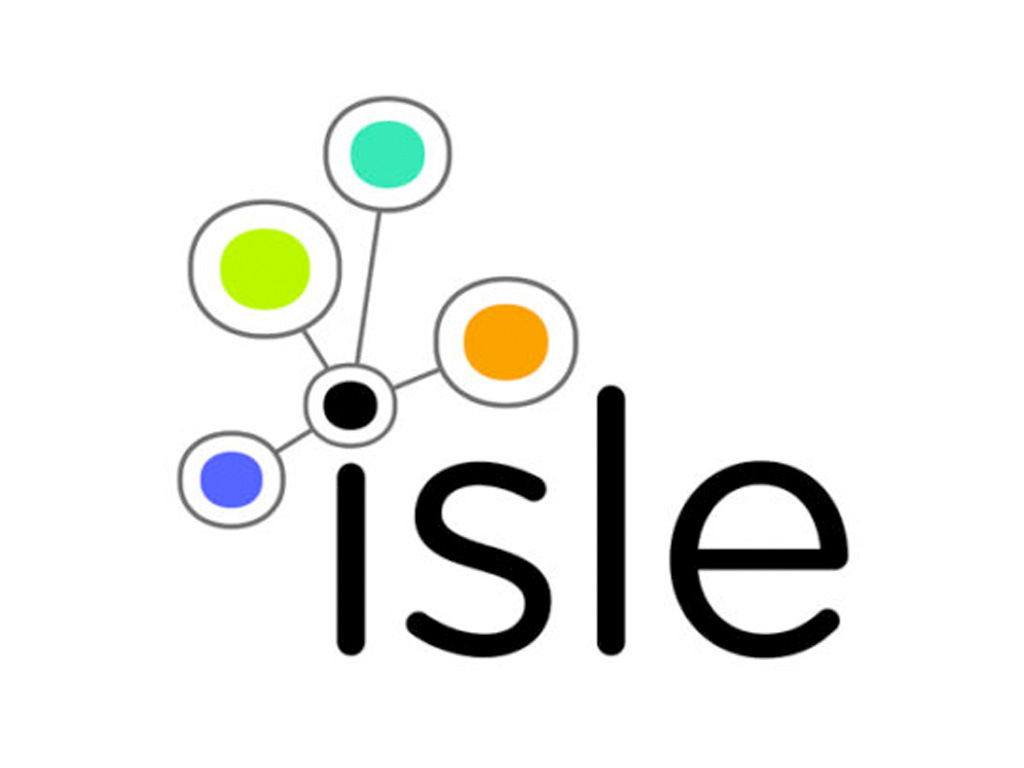
Isle Utilities Ltd
Isle Utilities (ISLE) is a global independent technology and innovation consultancy that accelerates the market uptake of emerging technologies and sustainable solutions across various sectors. ISLE also helps entrepreneurs and commercial partners understand market dynamics, develop robust go-to-market strategies, and connect with appropriate investors. Within this project, ISLE ensures that VIVALDI project results are exploited through the most appropriate routes; identifies the market opportunities for VIVALDI’s solutions and develops an Exploitation and Business strategy for their fast market uptake. In addition, ISLE is the Innovation Manager and leader of the Innovation Board.
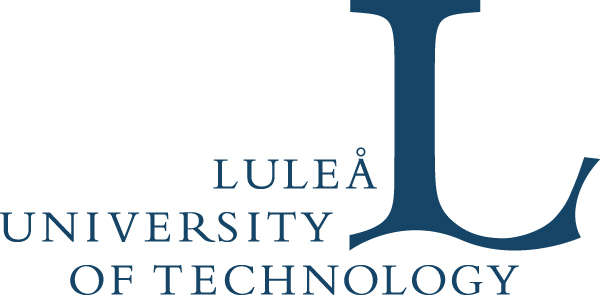
Luleå University of Technology
Luleå University of Technology (LTU) offers world-class education and research in a variety of fields. Its Biochemical Process Engineering research group works on biomass pre-treatment, design and use of enzymes and microorganisms for production of fuels, chemicals and materials from lignocellulose materials and CO2-feedstocks. Their expertise ranges from molecular biology, metabolic engineering, microbial physiology, fermentation, enzyme discovery and technology, protein chemistry, process technology to modelling of bioprocesses. Within this project, LTU leads the task dedicated to CO2-purification, with the aim to define a tailor-made post-treatment methodology for each of the different CO2 streams of VIVALDI industry partners. This CO2-purification will be conducted using the expertise of LTU on the integration of methyldiethanolamine (MDEA)-based absorption with the enzyme carbonic anhydrase (CA) that enables economic, efficient and selective CO2 purification.
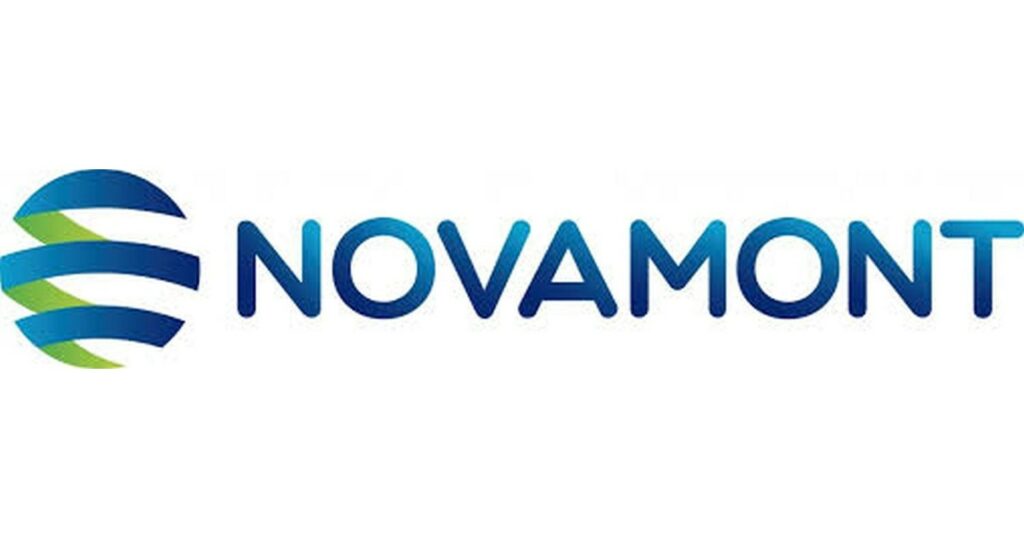
Novamont
NOVAMONT is an Italian industrial company whose roots lie in the Montedison School of Materials Science and which was set up to implement the ambitious project of some researchers from the chemical corporation: to integrate chemistry, agriculture and the environment. Founded in 1990, it is now a Benefit Company, certified B Corporation, world’s leader in the bioplastics sector and in the development of biochemicals and bioproducts from renewable origins.
Within this project, Novamont will research how to use CO2 along its entire value-chain: from the capture of their CO2 emissions to the conversion of this into new biochemicals.

Nutrition Sciences
Nutrition Sciences is a Belgian private belonging to the Nuscience Group and is well known for its R&D activities in animal production. Thanks to its innovation-driven attitude, Nutrition Science supplies sustainable and economically viable solutions for the efficient production of animal feed and feed ingredients within the food value chain. Currently, its main focus is developing concepts and services for the reduction of raw material depletion and lowering the dependency for antibiotics in livestock production. Within this project, Nutrition Sciences evaluates the potential of organic acids in animal feed applications; provides data and inputs for the assessment of the sustainability and circularity, and market opportunities of VIVALDI’s implementation in the Lactic Acid market.
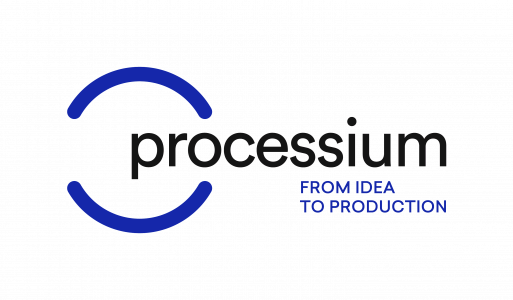
Processium
Processium, founded in 2002 by engineers from the chemical industry sector, is a company specialised in industrial process design, development and optimisation. Processium has high-level team of experts, laboratories dedicated to analysis, measurements and laboratory scale pilot units. Within this project, Processium leads the work on downstream and industrial validation. Specifically, it designs and validates the downstream process of the carboxylic acids produced by fermentation, and provides the samples and coordinate the industrial validation of the recovered products by the BI partners.
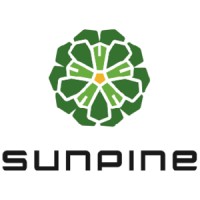
Sunpine AB
SunPine AB is a world leader biorefinery utilizing tall oil as feedstock. The tall oil is a by-product from Pulp & Paper industry. SunPine AB produces a number of products such as precursor for renewable diesel (further refined at a conventional oil refinery), tall oil rosin & turpentine (feedstocks for chemical industry), heavy bio oil for energy generation and supplier of district heating. Within this project, Sunpine contributes providing analytical characterisation and an inventory of CO2-rich off-gas streams produced in its industrial site; data on wastewater concentrations; data for the elaboration of the circularity, Life Cycle Costs, Life Cycle Aanalysis (LCA) and social LCA assessments.
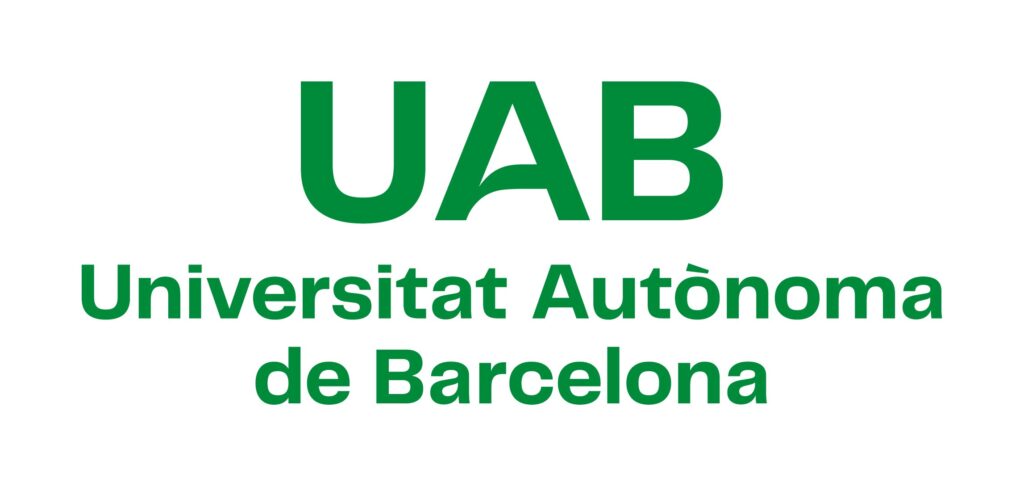
Universitat Autònoma de Barcelona
The Universitat Autònoma de Barcelona (UAB), among the major public universities of Spain, is recognised as one of the top academic institutions in the world for undergraduate and graduate education in biotechnology. Two UAB research groups are participating in VIVALDI project: GENOCOV and ENG4BIO. GENOCOV stands for Group of biological treatment and of liquid and gaseous effluents: nutrient removal, odors and volatile organic compounds. ENG4BIO stands for Group of Bioprocess Engineering and Applied Biocatalysis. While GENOCOV coordinates the project and, as a technical partner, provides its expertise in bioelectrochemical nutrient recovery and chemical reactor design, ENG4BIO participates in the development of yeast strains and processes for the production of organic acids from CO2 and formic acid co-feed.

University of Natural Resources and Life Sciences Vienna
The University of Natural Resources and Life Sciences, Vienna (BOKU) is a teaching and research center for renewable resources. Initially founded as an academic institution for higher education and research in agriculture and forestry, it has expanded to food science, technology and biotechnology, becoming a leading player in the Life Sciences field. The Department of Biotechnology covers a broad range of research topics including microbial biotechnology, bioprocess engineering, computational biology and animal cell and tissue engineering. Within this project, BOKU leads the development and validation of an integrated efficient yeast-based fermentation process for the conversion of CO2, MeOH and FA to added value organic acids (3-HP, IA, LA and SA).

Vlaamse Instelling Voor Technologisch Onderzoek N.V.
Vlaamse Instelling Voor Technologisch Onderzoek N.V. (VITO) is a leading European independent research centre in the areas of cleantech and sustainable development. The Separation and Conversion Technology business unit’s strategic research program on ‘Sustainable Chemistry’ focuses on a) process intensification through the integration of separation processes with chemical, microbial, enzymatic and electrochemical conversion processes, and b) the use of alternative feedstocks, such as CO2. Within this project, VITO is mainly involved in the Electrochemical conversion of Bio-based Industry CO2 emissions and is responsible for electrode development and electrochemical conversion process towards MeOH and formate.
